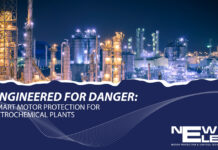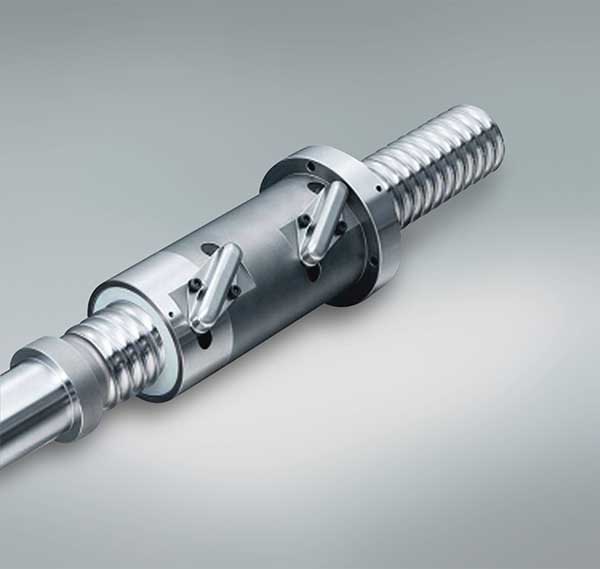NSK is introducing its advanced HTF-SRM series, a high-speed, heat-resistant version of its ball screws for high-load drive applications.
This innovative new product is ideal for electric injection moulding machines tasked with manufacturing high-cycle, thin-wall products in short cycle times.
The HTF-SRM ball screw achieves the industry’s highest levels of speed and heat resistance thanks to the application of NSK’s newly developed ‘RM Recirculation System’ and heat-resistant materials and parts.
Electric injection moulding machines require high-cycle performance to improve productivity and meet growing requests for plastic products, a demand that stems from increasing global population levels and rising living standards in emerging economies. They also need the ability to mould thin-wall parts to reduce the consumption of plastic and ease the planet’s environmental burden in line with the UN’s SDGs (Social Development Goals) and carbon-neutral initiatives.
Against this backdrop, there is demand for electric injection moulding machines that feature high-load ball screws to facilitate both elevated cycle speeds and thin-wall moulding.
However, high cycle means faster operating speeds, which in turn require countermeasures to deal with the associated heat generation.
NSK has overcome this challenge with its SRM (Smooth Return Metal coupling) recirculation system. One of the technical challenges associated with higher speeds is the elevated impact force of ball recirculation, resulting in damage to recirculation components and the ball-screw shaft. NSK found the solution by applying its digital-twin technology to optimise the recirculation path.
The resulting SRM Recirculation System offers smooth ball recirculation and improved heat resistance, breaking through the limits of conventional plastics. Supporting this innovation is the use of heat-resistant materials for the ball screws seals and resin components.
Thanks to these advances, the permissible d-n value (shaft diameter x rotation speed) is 200 000, a 40% improvement over NSK’s conventional high-speed HTF-SRC ball screws.
Furthermore, the maximum operating temperature is 90°C and the momentary maximum temperature is 100°C, both of which are 20°C higher than NSK’s conventional products.
Importantly, the external dimensions of the screw and nut are the same as those of the HTF-SRC ball screw, delivering an interchangeable design that eliminates the need for any modifications to the injection moulding machine when upgrading.















